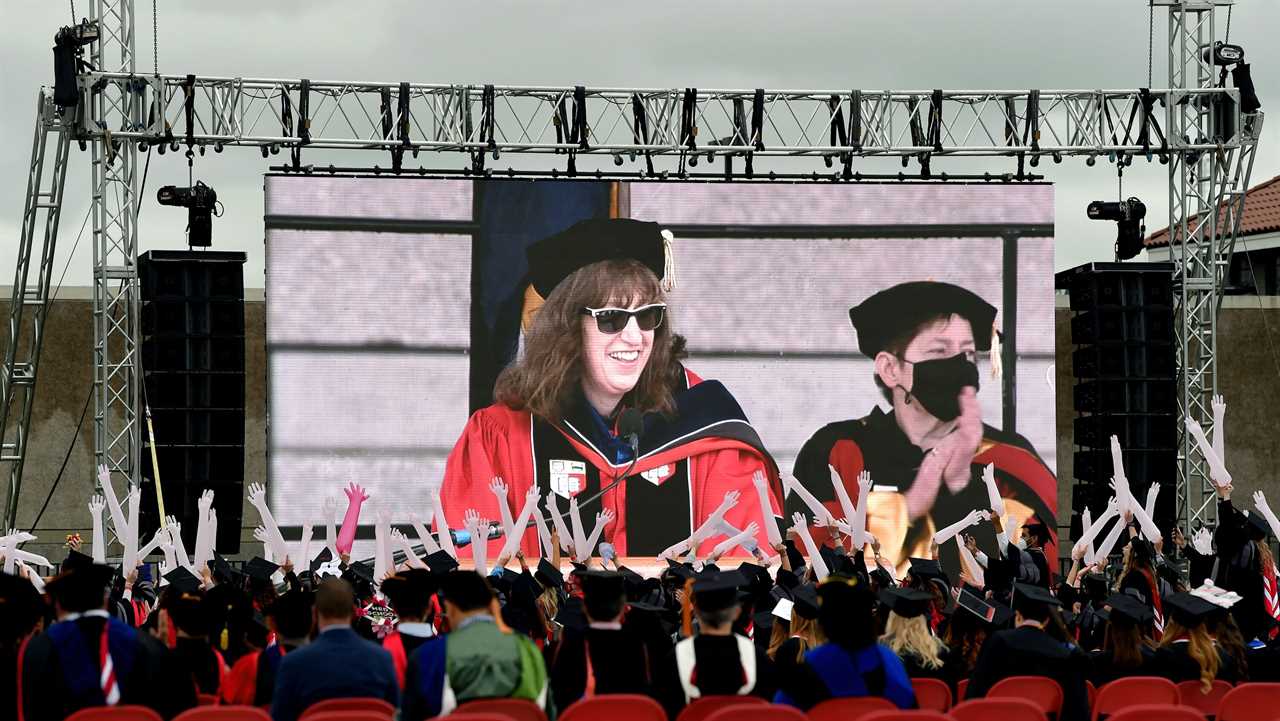
Cornell University canceled a ceremony for December graduates, closed libraries and took other restrictive measures on Tuesday after the school’s coronavirus testing lab found evidence of the Omicron variant in a number of students’ test specimens.
Though the lab is still working on genomic sequencing to confirm that the students have the Omicron variant, the university moved its main campus in Ithaca, N.Y., to its “Alert Level Red” for the first time in the last three semesters. Final exams scheduled for this week have been switched to an online format. Fitness centers and gyms were closed, and athletic events set for Sunday have been canceled. Most visitors were barred from campus, but offices and labs will remain open.
“It is obviously extremely dispiriting to have to take these steps,” Martha E. Pollack, the university’s president, wrote in a statement. “However, since the start of the pandemic, our commitment has been to follow the science and do all we can to protect the health of our faculty, staff and students.”
Other colleges have also taken measures recently to head off the spread of the virus on campus.
Last week, Middlebury College in Vermont moved to remote instruction for the rest of the semester. DePaul University in Chicago and Southern New Hampshire University each said this month that they would switch to all remote instruction, at least for a time, when classes resume in January.
Cornell’s moves come less than a week before the university’s winter break, when many students and staff members travel for the holidays. Cornell students who have tested negative within the past 48 hours are permitted to leave campus. School leaders encouraged them to get tested again once they get home, and to quarantine until they know the results.
No infected students at Cornell have experienced severe illness, Ms. Pollack wrote, but “the point is that higher transmissibility leads to exponential growth.” She added that it was “imperative not to let such infections run unchecked, but to take steps that limit transmission.”
While early evidence has begun to emerge about Omicron, it remains unclear how often cases lead to hospitalizations or deaths. The variant seems to be able to partially dodge the body’s immune defenses, but it has yet to be determined to what degree vaccination and prior infection may safeguard individuals from severe disease.
Ninety-seven percent of Cornell’s population is fully vaccinated, according to the school’s Covid-19 dashboard.
Title: Cornell University goes on high alert after finding evidence of the Omicron variant on campus.
Sourced From: www.nytimes.com/2021/12/14/nyregion/cornell-university-covid.html
Published Date: Wed, 15 Dec 2021 00:18:08 +0000






